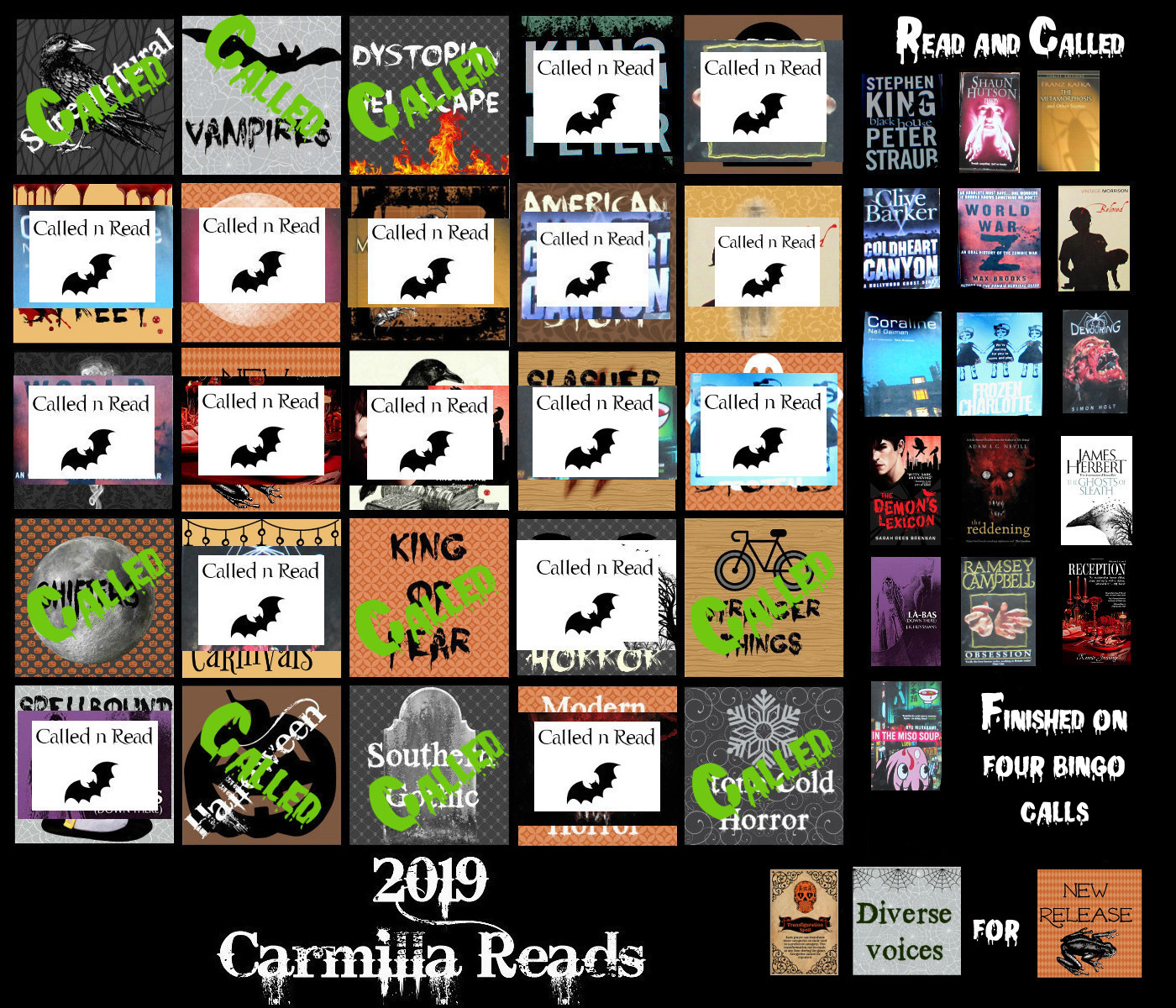
Kenji is a "nightlife guide" for English-speaking tourists in Japan. Basically, he takes guys on tours of what the Japanese sex industry has to offer. Although Kenji gets quite a few customers via his little ad in Tokyo Pink Guide (a magazine about the sex industry in Tokyo), the work isn't as good as he expected it to be. He can never seem to save up enough for that trip to America he wants.
Kenji has seen a lot of foreigners, but his latest client, Frank, is different. On the surface, he's a loud and friendly New Yorker who wants to go everywhere and have some sex along the way. There are moments, however, when something dark and ugly peers out of Frank's eyes. Frank hired him for three nights, right up until New Year's Eve, and by the end of their first night together, Kenji becomes convinced that Frank is the serial killer who's been raping girls involved in compensated dating, killing them, and dismembering their bodies (not necessarily in this order).
This book could be divided into three parts. In the first part, Kenji is a guide and translator working with a strange and vaguely disturbing client. This section has a large amount of detail about how the various places Kenji and Frank visit work and takes place mostly during their first night together. I recall them going to a peep show, a lingerie bar (sounded a bit like a hostess club, only with the women dressed in nothing but lingerie), and some kind of club where they ended up going on a paid date that Frank had hoped would end with sex. They also spent some time at a batting cage, of all things. Considering what just the time with Kenji cost, it was a little surprising that Frank wanted to spend it just watching Kenji try to hit some baseballs. But Frank was weird, even at the very beginning.
The first part is surprisingly tame. No sex, on-page or otherwise. The closest Frank gets to having sex is a handjob at the peep show, which isn't on-page. Kenji asks the woman who did it for a few details, hoping for something that might tell him, one way or the other, whether Frank was the murderer. Some aspects of this part of the book could almost be viewed as darkly comedic. Even as Kenji worries that Frank might be a murderer, there are moments when Frank seems clownish and ridiculous.
In the second part, which occurs a little over halfway through, the violence and gore is cranked WAY up. It's basically just one scene, but it is not for the faint of heart. I didn't expect this level of nastiness and ended up skimming it for my own peace of mind. Even then, way more of this scene is burned into my brain than I'd like. There is
on-page torture, as well as a character who is almost forced into necrophilia.
(spoiler show)
The third part returns to the pacing and overall content of the first part. Kenji continues to act as Frank's guide, although Frank is no longer interested in finding someone to have sex with. However, whereas the first part was filled with Kenji's suspicions, more a fear of what his gut told him Frank might be capable of that anything, in the second part Kenji is
so far past fear that he's numb.
(spoiler show)
The last part also had a sharp increase in Frank's level of self-reflection, philosophizing, and societal analysis. Kenji, too, found himself thinking about what it is to be Japanese. And, to be honest, I really didn't care what sorts of insights Frank had or inspired in Kenji.
I don't know if his explanation of his childhood was supposed to awaken in readers some sort of empathy or understanding for him, but I, personally, just kept coming back to the utter horror of what happened at the book's midway point. Several of those people were annoying, or liars, or scammers, but none of them deserved what happened to them, and Frank made it pretty clear that he planned to continue on as he had been, after he and Kenji parted ways.
(spoiler show)
I didn't like this book. I suppose it was intense and focused look at the emotional impact of three nights with a guy like Frank, but I don't know that that time was worthwhile.
(Original review posted on A Library Girl's Familiar Diversions.)


 Log in with Facebook
Log in with Facebook 







